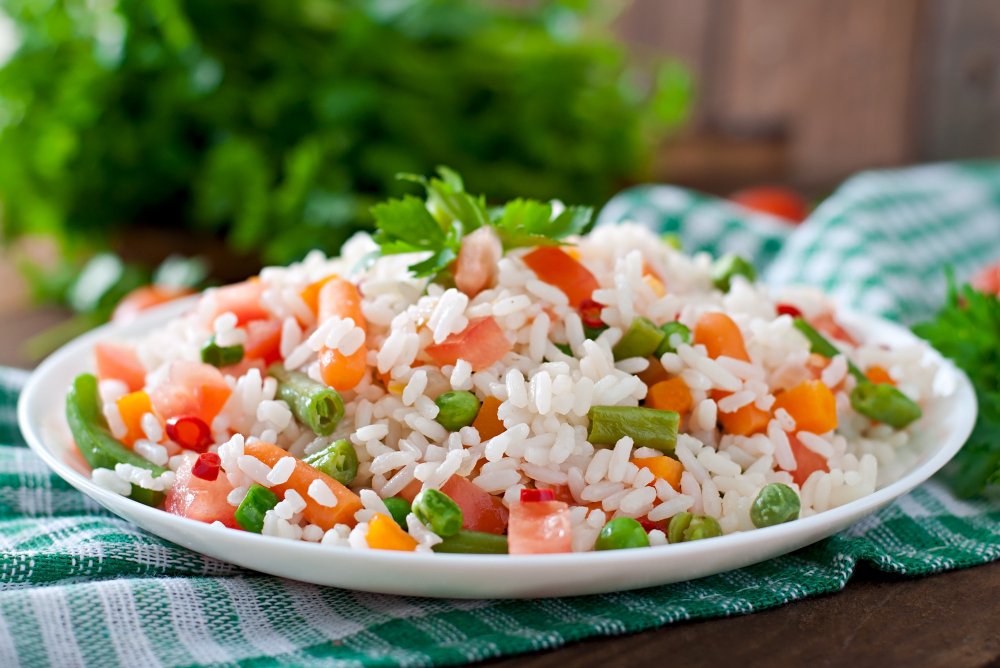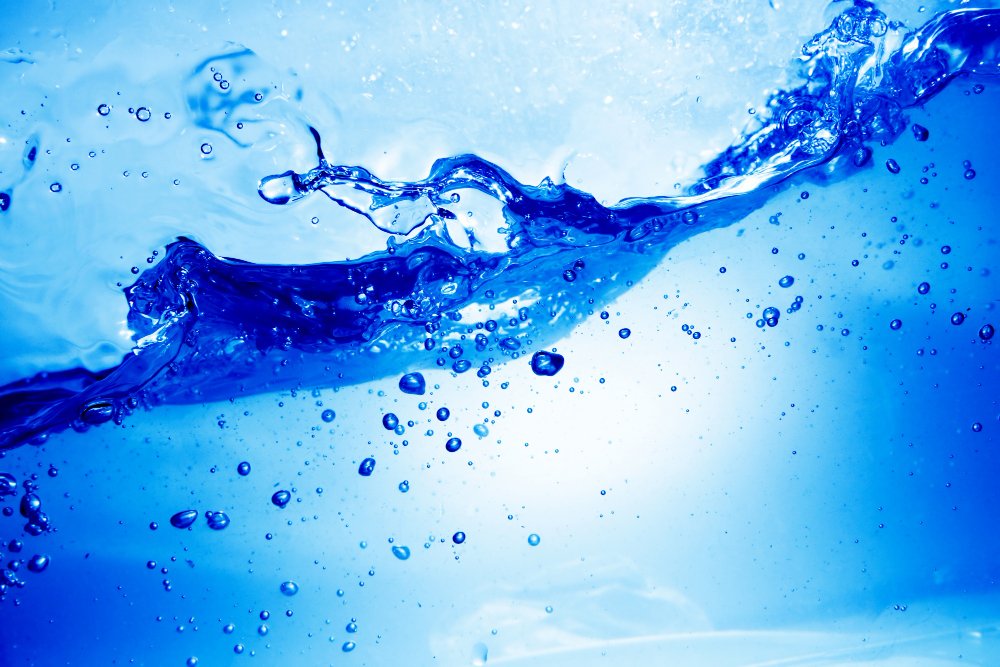Cristiano Ronaldo, the football legend known for his speed, agility, and impeccable skills, has achieved remarkable success throughout his career. While talent and training have played a significant role in his journey, there’s another secret weapon that fuels his performance: his high-protein diet. We will explore the ins and outs of Ronaldo’s dietary regimen, examining the benefits of a high-protein diet for athletes and uncovering the impact it has on his performance on the field.
Understanding Cristiano Ronaldo’s Diet
Ronaldo’s diet is built upon the foundation of high-quality proteins, which form the cornerstone of his nutritional strategy. A high-protein diet ensures that his muscles receive the necessary amino acids for growth and repair, enhancing his overall performance. In addition to proteins, Ronaldo’s diet also incorporates carbohydrates and healthy fats to provide energy and support various bodily functions.
Protein: The Building Block of Ronaldo’s Performance
Protein is often hailed as the king of nutrients when it comes to building and maintaining muscle mass. For Ronaldo, protein plays a crucial role in repairing muscle tissues and aiding in recovery after intense training sessions and matches. His diet includes lean sources of protein such as chicken, fish, and eggs, which provide essential amino acids for muscle growth and repair.
To optimize performance, athletes like Ronaldo typically aim for a protein intake of around 1.2 to 2 grams per kilogram of body weight. This higher protein consumption ensures that his muscles have an adequate supply of amino acids, allowing them to recover quickly and perform at their best.

The Power of Carbohydrates in Ronaldo’s Regimen
Carbohydrates are the primary source of energy for the body, and Ronaldo understands their importance in sustaining his performance on the field. His diet includes complex carbohydrates like whole grains, fruits, and vegetables, which provide a steady release of energy. By balancing protein with carbohydrates, Ronaldo ensures that his muscles have a sufficient energy supply during training and matches.
The strategic inclusion of carbohydrates in Ronaldo’s diet helps replenish glycogen stores, allowing him to perform at his peak and avoid fatigue. Carbohydrates also aid in recovery after intense physical exertion, ensuring that Ronaldo can bounce back quickly for his next performance.
Fats: The Unsung Heroes in Ronaldo’s Dietary Arsenal
While protein and carbohydrates often steal the spotlight, healthy fats play a crucial role in Ronaldo’s dietary approach. Fats are essential for hormone production, protecting vital organs, and providing insulation. Ronaldo incorporates healthy fats such as avocados, nuts, and olive oil into his diet, which supports his overall health and performance.
These healthy fats also assist in the absorption of fat-soluble vitamins and provide a concentrated source of energy. By including them in his diet, Ronaldo ensures that his body has a well-rounded nutrient profile to support his demanding athletic endeavors.
Nutrient Timing: Fueling Ronaldo’s Performance
In addition to the macronutrient composition of his diet, Ronaldo understands the significance of nutrient timing. Pre-workout nutrition is crucial for providing the energy needed to excel during training sessions. Ronaldo focuses on consuming a combination of carbohydrates and protein before workouts to fuel his muscles and enhance performance.
Post-workout nutrition is equally important for recovery and muscle repair. Ronaldo prioritizes consuming a balanced meal containing protein and carbohydrates within the critical window after exercise. This approach ensures that his muscles receive the necessary nutrients to recover efficiently, minimizing the risk of injury and fatigue.
Supplements in Ronaldo’s Arsenal
While Ronaldo’s diet forms the foundation of his nutrition, he also incorporates supplements into his routine. These supplements include vitamins, minerals, and specific amino acids that may be difficult to obtain solely through diet. However, it’s essential to note that supplements should be used under professional guidance, as they are meant to complement a well-rounded diet rather than replace it entirely.
Hydration: Ronaldo’s Secret Weapon
Proper hydration is often overlooked but plays a vital role in an athlete’s performance. Ronaldo understands the importance of staying hydrated and ensures that he maintains adequate fluid intake throughout the day. By drinking water and electrolyte-rich fluids, he maintains optimal hydration levels, supporting his physical and mental performance on the field.
Electrolyte balance is another crucial aspect of hydration. Ronaldo ensures he replenishes electrolytes lost through sweat, which helps maintain fluid balance and supports proper muscle function.

Meal Ideas: How to Eat Like Ronaldo
Sample Breakfast Options
- Scrambled eggs with vegetables and whole wheat toast
- Greek yogurt topped with fresh fruits and granola
- Oatmeal with nuts, seeds, and a drizzle of honey
Nutritious Lunch and Dinner Ideas
- Grilled chicken breast with quinoa and steamed vegetables
- Baked salmon with sweet potato and roasted asparagus
- Lentil and vegetable stir-fry with brown rice
Snack Recommendations for Athletes
- Protein smoothie with almond milk, banana, and peanut butter
- Greek yogurt with berries and a sprinkle of chia seeds
- Mixed nuts and dried fruits for a quick energy boost
The Mental Game: Ronaldo’s Mindset and Motivation
While diet plays a significant role in Ronaldo’s performance, his mindset and motivation are equally crucial. Ronaldo understands that success on the field requires mental resilience, focus, and determination. He employs various techniques to prepare mentally, including visualization, positive self-talk, and setting achievable goals. By maintaining a strong mental game, Ronaldo is better equipped to handle pressure, overcome challenges, and maintain consistent performance.
Training and Recovery: The Complete Picture
Ronaldo’s exceptional performance isn’t solely the result of his diet but also stems from his dedicated training regimen and commitment to recovery. He follows a rigorous training schedule that includes a combination of cardiovascular exercises, strength training, and skill-specific drills. Additionally, he prioritizes proper rest and recovery, allowing his body to heal and adapt to the demands of training.
Sustaining a High-Protein Diet: Practical Tips
Adopting a high-protein diet may seem daunting at first, but with the right strategies, it can become a sustainable and enjoyable lifestyle choice. Overcoming challenges such as food cravings and monotony requires planning and creativity. Stocking up on protein-rich ingredients, experimenting with different recipes, and meal prepping can help maintain variety and adherence to the diet. Seeking guidance from a registered dietitian or nutritionist can provide personalized advice and support for sustaining a high-protein diet in the long term.
The Impact of Ronaldo’s Diet on His Performance
Ronaldo’s diet has garnered attention and praise from his teammates and coaches alike. His dedication to nutrition, including a high-protein diet, has contributed to his exceptional achievements and records in the world of football. Observations from those who have worked closely with Ronaldo attest to the correlation between his diet and his consistently high level of performance on the field.
Critics and Controversies: Debunking Myths
As with any public figure, Ronaldo’s dietary choices have faced scrutiny and criticism. However, it’s important to separate fact from fiction and rely on evidence-based insights. Addressing common misconceptions surrounding his diet and clarifying controversies allows a more accurate understanding of the effectiveness and rationale behind Ronaldo’s dietary approach.

Cristiano Ronaldo’s high-protein diet serves as a key component in his arsenal, fueling his exceptional performance on the field. By prioritizing proteins, carbohydrates, fats, nutrient timing, hydration, and mental preparation, Ronaldo maintains a well-rounded approach to nutrition and overall well-being. Aspiring athletes and enthusiasts can draw inspiration from Ronaldo’s dietary practices to optimize their own nutrition and enhance their performance in their respective fields.
FAQs (Frequently Asked Questions)
1. Can anyone follow Cristiano Ronaldo’s high-protein diet?
Ronaldo’s high-protein diet is specifically tailored to support his intense athletic endeavors. While incorporating more protein into your diet can be beneficial, it’s essential to consult with a healthcare professional or registered dietitian to determine the right approach for your individual needs and goals.
2. Are supplements necessary to achieve performance like Ronaldo?
Supplements can be helpful in supporting an athlete’s nutrition, but they should not replace a well-rounded diet. It’s important to seek professional guidance when considering supplements to ensure they are suitable for your specific requirements.
3. Does a high-protein diet have any side effects?
When consumed within recommended limits, a high-protein diet is generally safe for healthy individuals. However, excessive protein intake without proper hydration and balanced nutrition may strain the kidneys. It’s crucial to maintain a well-rounded diet and hydrate adequately when following a high-protein regimen.
4. Can Ronaldo’s diet be adapted for vegetarians or vegans?
While Ronaldo’s diet predominantly includes animal-based protein sources, individuals following a vegetarian or vegan lifestyle can adapt the principles of a high-protein diet to suit their dietary preferences. Plant-based protein sources such as legumes, tofu, tempeh, and seitan can be incorporated to meet protein needs.
5. Is Ronaldo’s diet the sole reason for his success?
Ronaldo’s success stems from a combination of factors, including talent, training, mindset, and nutrition. His high-protein diet serves as a supportive element, helping fuel his performance and aid in recovery. Achieving success like Ronaldo requires a holistic approach that considers various aspects of athletic performance.






